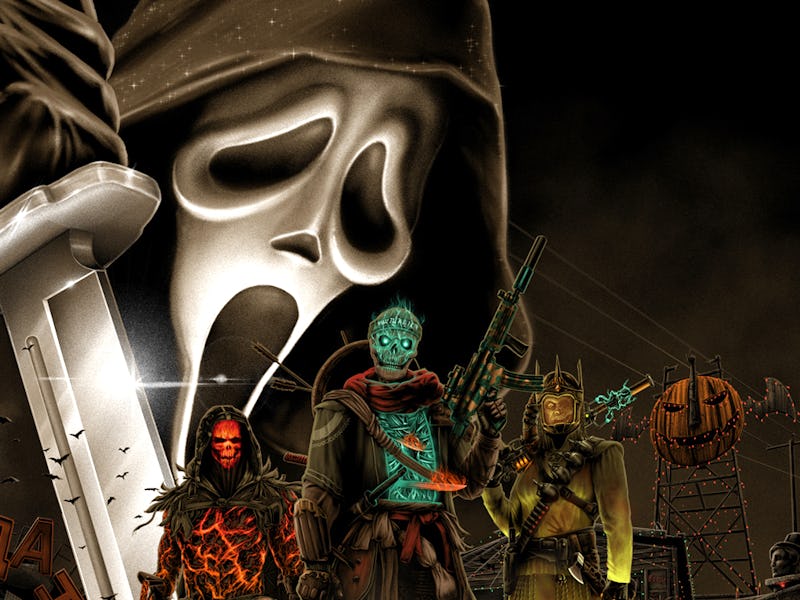Warzone 2.0 proximity chat could be a total nightmare for streamers
Toxic players and licensing issues abound.

There’s still a lot to learn about Warzone 2.0, but following Activision’s recent Call of Duty: Next event, many of our questions were answered. One new, albeit controversial feature is the inclusion of proximity chat, which will certainly impact the way gunfights unfold. While this feature adds a layer of strategy and will surely lead to some funny moments, it’s also problematic — particularly for streamers. But what exactly is proximity chat and how does it impact the community at large?
What is Warzone 2.0 proximity chat?
Proximity chat is a feature that allows players to hear their enemies via voice chat when they get close enough. This adds an element of strategy and humor when facing off against an enemy team, forcing players to be choosy when delivering comms.
Proximity chat allows rival teams to hear one another when they get close enough.
Warzone 2.0 will offer proximity chat by default, and will likely lead to some funny moments, especially when facing off against loud-mouthed players. Imagine engaging in a tense firefight with someone while they’re screaming obscenities in your ear — it’ll probably grow tiresome fast, but you’ll likely get a good laugh sometimes.
Keep in mind that this applies to in-game chat only. Players using third-party apps like Discord won’t come through via proximity chat, and you can turn off the feature in the settings menu. So thankfully, there are ways to avoid utilizing proximity chat.
How could Warzone 2.0 proximity chat impact streamers?
Twitch streamer IceManIsaac is a positive voice in the Warzone community.
Despite its benefits, proximity chat will cause problems for many players, especially streamers. As Activision has acknowledged, toxic player behavior is a major concern, but proximity chat will likely amplify offensive interactions between players.
Simply knowing proximity chat is enabled will encourage players to trash talk their opponents, and if you’ve played an online shooter before, you likely know just how horrible certain communities are.
This will certainly impact Call of Duty streamers who want to cultivate an inclusive audience. Since streamers can’t control what their opponents say via proximity chat, they’re at the mercy of the enemies they come across during a match. We can only imagine all the terrible things enemy players might say during battle, so even though these interactions might be funny, a streamer might opt to disable proximity chat while an audience is watching.
The other issue has to do with stream snipers playing copyrighted music during a content creator’s session. If a viewer gets into a streamer’s match, they can watch the live broadcast to find them in-game, and then blast licensed music over the mic to trigger a copyright strike.
Twitch takes this very seriously and a number of accounts have been suspended due to copyright violations. The issue, in this case, is that the streamer isn’t necessarily at fault for the violation. Once again, a streamer might err on the side of caution and disable the proximity chat feature so as to not run into any issues.
It’s easy to see why this feature is appealing to some, but many players will surely disable proximity chat entirely, alleviating some of the toxicity along the way.
Warzone 2.0 launches on November 16, 2022.
Subscribe to Inverse Daily for more stories about games, science, and entertainment that you won’t find anywhere else.